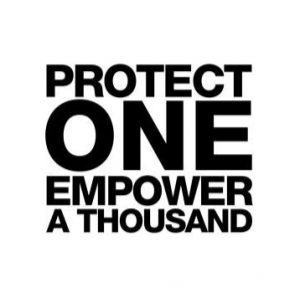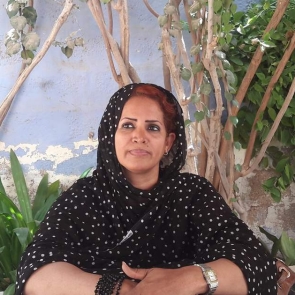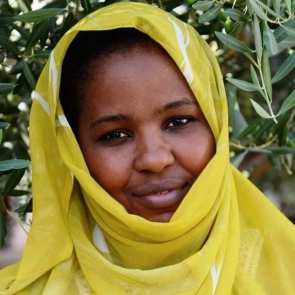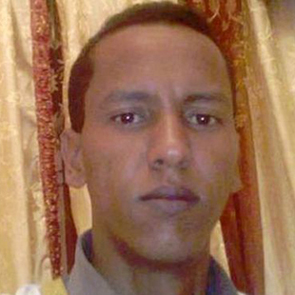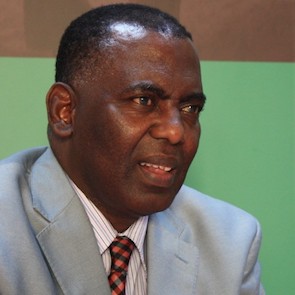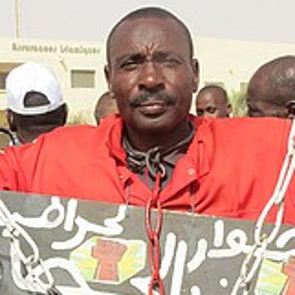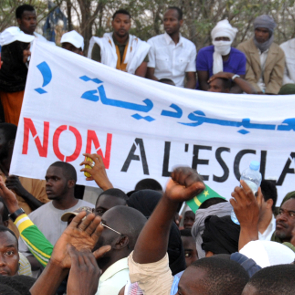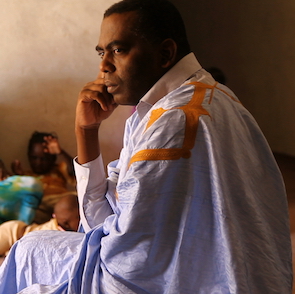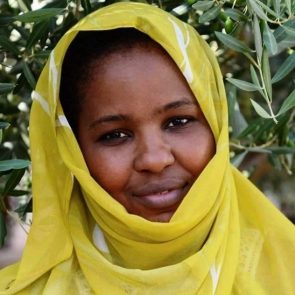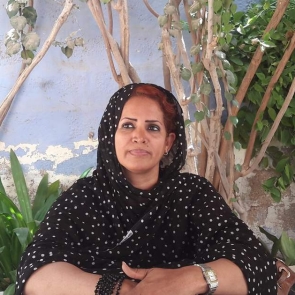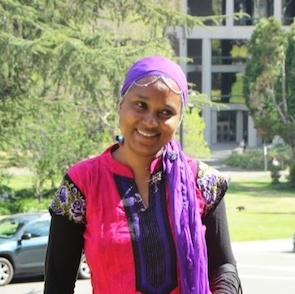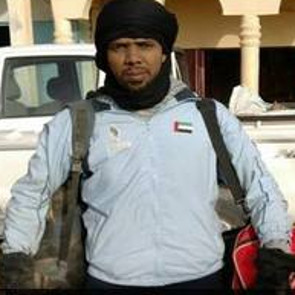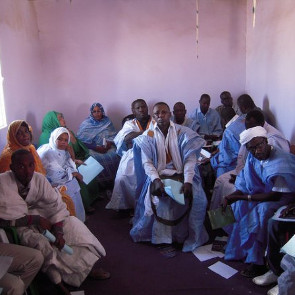#Mauritania
#Mauritania
HRDs face a hostile environment in Mauritania. The authorities have enforced repressive laws to prohibit peaceful protests, routinely use excessive force against demonstrators, ban critical human rights organizations and interfere with and obstruct their activities. HRDs are subjected to arbitrary arrest and ill-treatment, and are victims of smear campaigns, intimidation and death threats. Freedoms of expression, association and peaceful assembly are restricted.
In 2019, Mohamed Ould Ghazouani assumed the presidency, taking over from former President Mohamed Ould Abdel Aziz but this has not led to any improvement in the environment for HRDs On 23 June 2019, protests broke out after the new president’s declaration of victory based on partial results. Police arrested around 100 people and accused them of destabilizing the country, and enforced a two week internet shutdown.
Authorities use repressive legislation that includes broad definitions of “terrorism” and “incitement to racial hatred” to silence and HRDs. In January 2018, the National Assembly passed a law criminalizing discrimination and enabling the government to prosecute human rights defenders, accusing them of “racism” or “promoting national disunity” for speaking out against the under-representation in government of Haratines and sub-Saharan Africans, and other discriminatory practices. In April 2018, the National Assembly voted to make the death penalty mandatory for anyone convicted of “blasphemous speech.”
In Mauritania, the creation of an association is subject to the express authorization of the State. This has resulted in a situation where numerous NGOs are not recognised but neither have they been given a valid reason as to why their registration continues to be blocked. Despite several declarations and commitments made by officials, no concrete action has been taken to adopt a law on the registration of associations. Organizations who applied for recognition and registration as far back as 2010 are still not legally constituted.
HRDs taking a position against slavery, discrimination and religious extremism are particularly targeted. They risk being labelled as traitors or having their Muslim faith questioned in mainstream or social media, a serious accusation in a country where apostasy is punishable by death.
Women human rights defenders and LGBTI rights defenders face exacerbated risks in the country. Women experience social pressures and legal discrimination in a conservative environment where FGM/C practices are still prevalent despite their criminalization. Women reporting rape can be charged if they cannot prove that the intercourse was not consensual, as all sexual relations outside of marriage are criminalized. Mauritania is a highly repressive environment for LGBTI persons and there exist no laws which protect them from discrimination. Same-sex sexual relationships are criminalized and punishable by death if between men.
